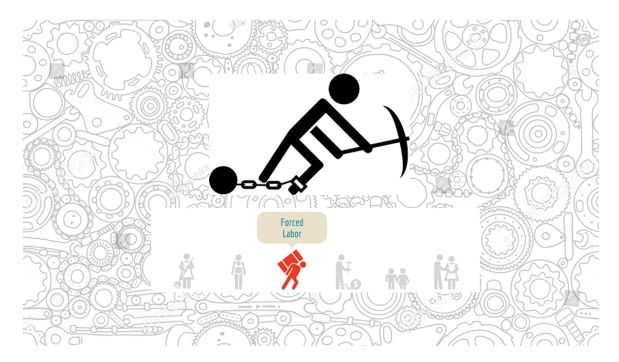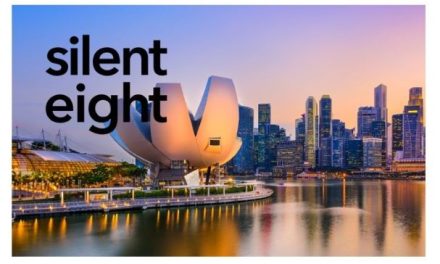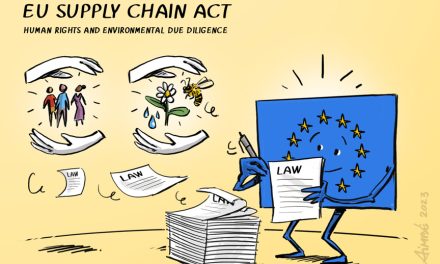All the major carmakers have multiple supply chain exposures to goods made with forced labour, a report has claimed.
The report, by Sheffield Hallam University and the Helena Kennedy Centre for International Justice, said more than 100 car and parts manufacturers were exposed directly or indirectly to goods made with forced labour in the Uyghur region of China.
China is one of the world’s top car parts suppliers, exporting more than $45bn worth last year. The US received approximately a quarter of these imports. Over the past five years, the Chinese government deliberately shifted raw materials mining and processing, and parts manufacturing, into the Xinjiang Uyghur Autonomous Region.
The report identified supply chain links in “practically every major car part”.
Researchers used publicly-available documents to identify connections between companies with known labour abuses and automotive manufacturers across the globe.
More than 50 automotive firms were sourcing directly from companies operating in the area, or from companies that have accepted Uyghur labour transfers across China.
Some 96 mining, processing or manufacturing companies relevant to the automotive industry were operating in the Uyghur region, including at least 38 with documented engagement in state-sponsored labour transfer programmes.
The report said transferred labourers had been forced to march for hours to factories during Covid lockdowns, then quarantined on-site in inadequate housing to work on producing steel, aluminium, copper, batteries, electronics, tires, interiors, and windscreens.
It added: “A significant, swift shift in supply chains is needed to extricate the automotive sector from the Uyghur region. Other industries that rely on similar raw materials (e.g. alloys of steel, copper, aluminium, and silicon) are comparably implicated in abuses underway in the processing of these materials.
“The information provided in this report should serve as a wake-up call to manufacturers across sectors worldwide and as a foundation for cross-sectoral collaboration to end forced labour in raw materials and manufacturing.”
The report recommended:
- Car companies should individually and collectively map their supply chains and analyse mining, processing and parts manufacturing in China’s Uyghur region;
- Automotive and commodity firms should cease sourcing all products mined, made or manufactured in the area, including with companies that have accepted government-supplied labourers from the Uyghur region in other parts of China;
- Carmakers should publish public reports on supply chain links to the area to promote transparency and identify risks across industries;
- Automotive firms should collaborate with raw metals industries and industry associations to implement reparations to Uyghurs and support efforts to address oppression and exploitation in the region;
- Governments should implement mandatory human rights due diligence to address risks beyond tier one suppliers;
- Legislation to ban imports linked to forced labour should be enacted immediately;
- The automotive sector should be identified as a high priority for links to forced labour and related investigations;
- Governments should require all procurement of cars for official use be free of parts produced in the Uyghur region.
The World Uyghur Congress filed a lawsuit against the British government in late October over its failure to investigate if imported cotton originated from forced labour in the Uyghur region. The government was challenged for not stopping cotton imports from Xinjiang, which the plaintiff argued amounted to profiting from  criminal activity.
criminal activity.
Source: Supply Management


























